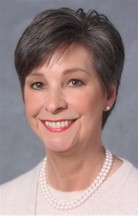
- Website / Online Mechandising / SEO
- Customer Segmentation: Understanding the needs of your most valuable web site visitors
The goal of customer segmentation is to better understand your web site visitor and to use that knowledge to enhance your web site's ROI. An effective segmentation strategy drives revenue growth by increasing your ability to meet your site visitor's demands. Segmentation's greatest impact is on the top line, increasing the number of site visitors and your look to book ratio and increasing the lifetime value and loyalty of your customer. This article examines customer segmentation in the online hospitality sector and how to structure your web site to maximize the value of your most important web site visitors. READ MORE










